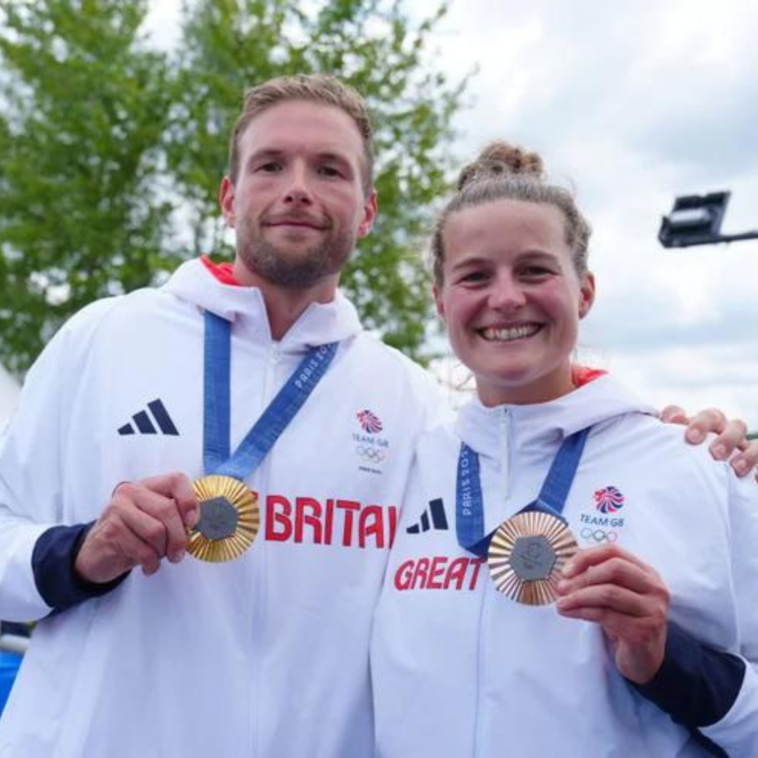Britain’s Henry Fieldman created history by becoming the first person to secure medals in both men’s and women’s events at the Paris Olympics 2024.
Changed In The Rule
A rule changed by World Rowing changed after Rio to allow coxes of either sex to steer the eights – the only boats that still use coxes at Olympic regattas. Fieldman was the cox for the British women’s eight and they secured third place, with Fieldman’s second bronze at the Paris Olympics 2024.
Fielldman had won bronze in his previous match with the men’s team at Tokyo in 2020. Fieldman is the first cox to stand on the podium with crews of both sexes.
Fieldman said,“They only changed the rule in 2017 so someone was going to do it and it just happened to be me.”
“Could be the start of more women’s eights medals”
Team GB also included rowers Heidi Long, Rowan McKellar, Holly Dunford, Emily Ford, Lauren Irwin, Eve Stewart, Harriet Taylor, and Annie Campbell-Orde.
“I hope that now that we’ve had two Olympic medals in the women’s eight that this could be the start of more women’s eights medals to come – stepping on to greater things,” Fieldman said.
The Current Controversy
This win for Team GB heated with controversy over the participation of two athletes at the Games. Algerian boxer Imane Khelif, who was wrongly labeled as transgender by high-profile figures such as J.K. Rowling and Donald Trump.
The controversy arose after Khelif won as Carini withdrew from the fight after just 46 seconds, refusing to shake her opponent’s hand and protesting: “it’s not right,” before adding: “I’ve never been hit with such a powerful punch.”
Khelif was disqualified last year from the women’s World Championships in New Delhi due to a failed gender eligibility test. The International Olympics Committee addressed issues surrounding IBA’s testing protocols and stated : “This is not a transgender issue. These women have been competing in competitions for many years. The testosterone is not a perfect test. Many women can have elevated levels of testosterone, which is in what would be called ‘male levels’ and still be women and still compete as women.”





GIPHY App Key not set. Please check settings